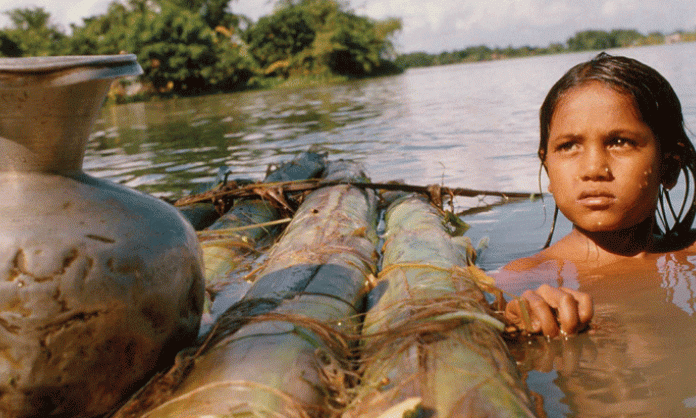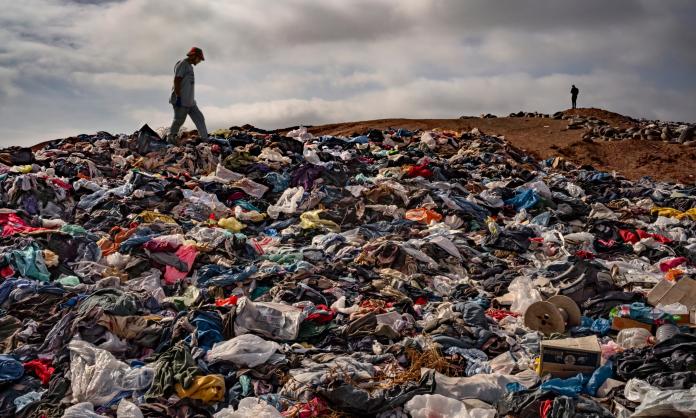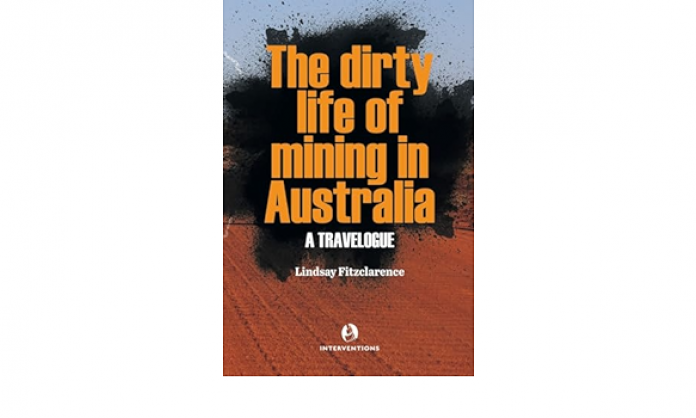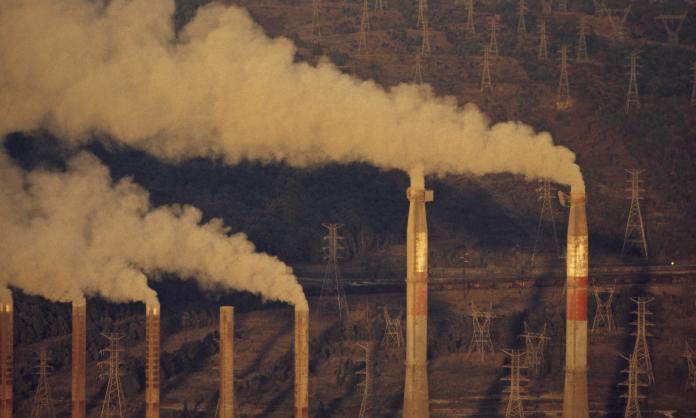The Australian Climate Commission’s recently released report “The Critical Decade 2013” warns that, unless global carbon emissions are reduced to almost zero by 2030, irreversible, catastrophic climate destruction will occur.
This destruction has already begun. Sea levels are rising at unprecedented rates, rainfall patterns are changing and extreme weather events are becoming more and more common. These changes have brought with them substantial risks to agriculture, natural ecosystems, infrastructure and health.
The report found that in order to stabilise the climate and prevent further ecological destruction, almost all remaining fossil fuels must stay in the ground.
The Climate Commission has concluded, as scientists have been warning for years, that unless we quickly transition away from these destructive fossil fuels, we will face the most acute ecological crisis humans have experienced. Currently, renewable energy represents a paltry 8-10 percent of Australia’s total energy production, with current government plans being to increase it to just 20 percent.
Why is it that, despite overwhelming public support for action, and governments around the world agreeing that “something needs to be done” to address this environmental crisis, these dangerous, dirty, destructive fossil fuels are still being used?
The technology exists to transition to a completely carbon-emission free economy, yet little is being done to begin this transition.
It would cost $500 billion to move to an emission free, sustainable economy – 30 percent of Australia’s GDP. This figure is roughly the same amount of money the Australian government will spend on the military between 2011 and 2020.
The profit motive of capitalism is the barrier to a sustainable economy.
Under capitalism, everything is produced, not to satisfy human need, but for a profit. The tiny minority who control the economy, making decisions every day that affect not just the lives of every single person on the planet but also the planet itself, are locked in competition with each other to produce the largest profits possible.
In this ruthless race to the bottom, environmental sustainability is an afterthought at best.
Those capitalists who make their multi-million and multi-billion dollar profits using technology that destroys the environment have no interest in investing in renewable energy. The basis upon which they make their mega-profits would no longer exist in an economy that used renewable energy.
Even capitalists who are not directly involved in the fossil fuel industry benefit from maintaining this destructive status quo, as they can increase their profits by using cheap non-renewable energy to operate their own industries.
Capitalism is not environmentally sustainable. Under capitalism, a transition to a sustainable economy cannot occur, even though that would be in the interests of the vast majority. In the shift to a sustainable economy too many capitalists would lose too much money, and this goes against the entire logic, or lack thereof, of the system.
A system based on human need is the only solution to the ecological crisis we are facing. We must transcend capitalism if we want to see an end to environmental destruction.










